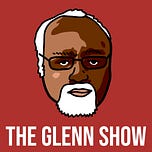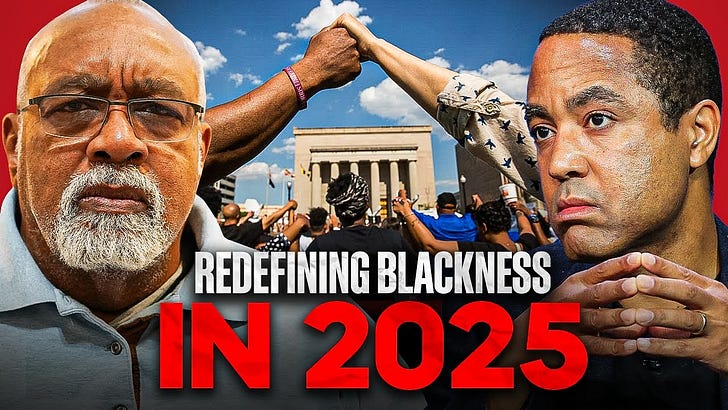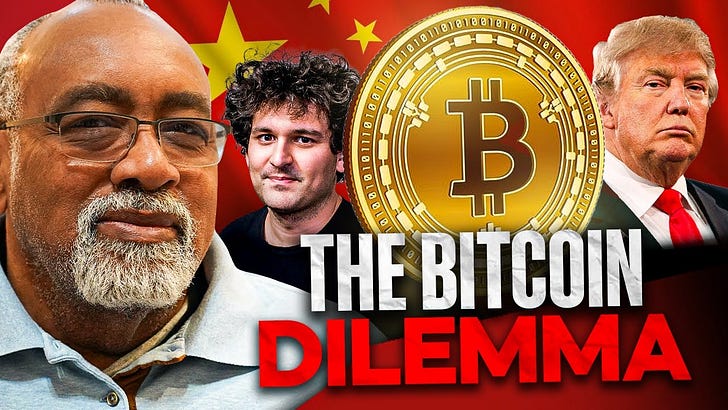For this week’s episode, I’m joined by NYU psychologist Jonathan Haidt, author of several books, including (with Greg Lukianoff) The Coddling of the American Mind: How Good Intentions and Bad Ideas Are Setting Up a Generation for Failure and The Righteous Mind: Why Good People Are Divided by Politics and Religion. Jonathan is also the co-founder of Heterodox Academy, where I serve on the advisory council. Despite that connection, this is our first extended public conversation.
This is not, however, the first time I’ve engaged with Jon. After a talk some years ago, I asked Jon a question during the Q&A session, which I reintroduce here. Heterodox Academy’s mission is very important, but does focusing exclusively on viewpoint diversity prevent us from acknowledging that some viewpoints are more cogent than others? Jon’s recent Atlantic article “Why the Past 10 Years of American Life Have Been Uniquely Stupid” generated a lot of discussion, and he elaborates on his theory of “structural stupidity” here. He claims that, at the national level, the Republican Party’s hostility to moderation has made it structurally stupid and unable to examine its own premises, while left-dominated “epistemic institutions,” like journalism and academia, are mired in their own kind of structural stupidity. I find the structural analysis compelling, but I think it elides the fact that some of the Republicans’ policy position are not, in themselves, stupid at all. Jon is concerned that increasing intolerance on the left, especially on college campuses, may be caused by generational changes in child development. Gen Z is the first generation to have had access to social media as children, and they also had far less unsupervised free play than previous generations. I ask Jon whether this shift can account for groupthink around COVID-induced school shutdowns and drastic changes in attitudes toward trans and racial issues in the US. While the academy no doubt leans left, there is much more viewpoint diversity in economics departments than other areas. Jon has some interesting ideas about why. And finally, I ask Jon whether religion could play a role in increasing viewpoint diversity.
It was great to finally connect with Jon. I hope and suspect it won’t be the last time we sit down for one of these conversations.
This post is free and available to the public. To receive early access to TGS episodes, an ad-free podcast feed, Q&As, and other exclusive content and benefits, click below.
0:00 Glenn asks: Is Jon’s heterodoxy insufficiently pugilistic?
5:23 Jon’s theory of social media-driven “structural stupidity”
16:18 Do the Republican Party’s structural flaws negate its policies?
26:53 The rise of social media and the disappearance of free play for kids
35:42 Race, trans issues, and the future of the country
45:34 Why are economists uniquely heterodox thinkers in the academy?
48:08 What fills the “God-shaped hole” in the hearts of putatively secular Americans?
Links and Readings
Jon’s Atlantic article, “Why the Past 10 Years of American Life Have Been Uniquely Stupid”
Jon’s book, with Greg Lukianoff, The Coddling of the American Mind: How Good Intentions and Bad Ideas Are Setting Up a Generation for Failure
Elizabeth Noelle-Neumann’s book, The Spiral of Silence: Public Opinion—Our Social Skin
Brown University President Christina Paxson’s letter about racial justice
Glenn’s rebuttal to Paxson in City Journal
Jon’s childhood independence advocacy organization, Let Grow
James A. Morone’s book, Hellfire Nation: The Politics of Sin in American History
John Tierney and Roy F. Baumeister’s book, The Power of Bad: How the Negativity Effect Rules Us and How We Can Rule It
John McWhorter’s book, Woke Racism: How a New Religion Has Betrayed Black America















Share this post